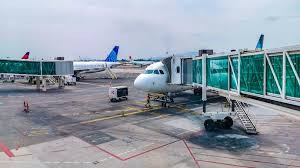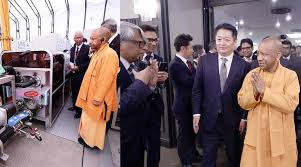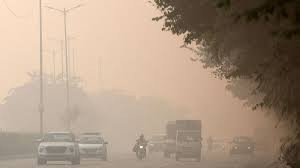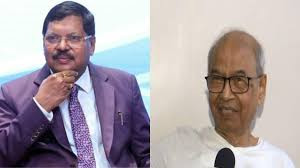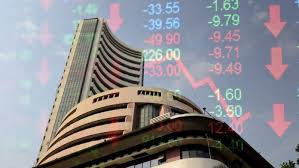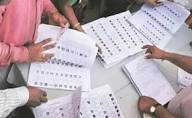Modi Declares Emergency a "Dark Chapter," BJP Marks June 25 as ‘Constitution Murder Day’
IIE DIGITAL DESK : New Delhi, June 25, 2025 – The 50th anniversary of the 1975 Emergency, Prime Minister Narendra Modi and senior BJP leaders denounced that period as one of the “darkest chapters” in Indian democracy, accusing the Congress government under Indira Gandhi of attempting to strangle constitutional liberties. Ahead of June 25, the Modi government officially declared it ‘Samvidhan Hatya Diwas’ (Constitution Murder Day)—a solemn annual observance intended to remind citizens of democratic values under threat In a social media post, PM Modi stated:
“Today marks fifty years since one of the darkest chapters in India’s democratic history… On this day, the values enshrined in the Constitution were set aside, fundamental rights were suspended, press freedom extinguished, and political leaders jailed… It was as if the Congress government placed democracy under arrest” .
He paid tribute to those who resisted, describing their sacrifices as instrumental in restoring democracy and ultimately unseating Congress in the 1977 elections. Modi highlighted the importance of preserving constitutional values, calling the Emergency a stark reminder of what must never be repeated .
Union Defence Minister Rajnath Singh echoed Modi’s sentiments, condemning the “nefarious attempt to strangle Indian democracy” and applauding Emergency-era dissenters who endured jail sentences to protect democratic institutions. He reaffirmed that the observance of ‘Samvidhan Hatya Diwas’ would serve as an annual reminder of democratic resilience .
BJP President J.P. Nadda also condemned the period, stating Indira Gandhi had “murdered the Constitution,” and argued that the Congress party continues to wield a “dictatorial mindset.” He credited resistance leaders like Jayaprakash Narayan, Atal Bihari Vajpayee, and others for defending democracy, and called on India’s youth to learn from history and engage actively in protecting freedoms .
Taking historical context into account, the government is launching a series of commemorative activities: outreach programmes at booth and district levels, publication drives, and mock parliaments aimed at younger demographics . In Nagpur, over 450 Emergency-era detainees will be honoured, while in Uttar Pradesh, youth-led “model parliament” debates are being organised to revisit the justifications and ramifications of the 1975 crackdown .
Modi, then serving as a young RSS pracharak, reportedly sheltered dissidents, circulated anti-Emergency literature, and evaded arrest—narratives shared in his recently published book, The Emergency Diaries: Years That Forged a Leader . Defense Minister Nadda encouraged citizens to read the memoir, highlighting Modi’s firsthand account of resisting authoritarianism .
The Emergency was declared on June 25, 1975, following the Allahabad High Court’s verdict against Indira Gandhi. Over the next 21 months, basic liberties were suspended under Article 352, and upwards of 110,000 political opponents and journalists were detained. The press was censored, and the 42nd Amendment restructured India’s democratic framework in ways still debated today.
Senior leaders underscored that remembering those events is not just symbolic; it’s essential for vigilance against any future democratic erosion. Observing June 25 as ‘Samvidhan Hatya Diwas’ is intended to serve as a national warning bell—reminding citizens that safeguarding rights, free speech, and institutions remains paramount.
As India reflects on five decades since the suspension of its constitutional values, the BJP’s commemorations and critiques of Congress aim not only to reinforce historical memory but also to draw stark contrasts with current governance. Whether through educational programmes or public discourse, the intention is clear: never again.
You might also like!





